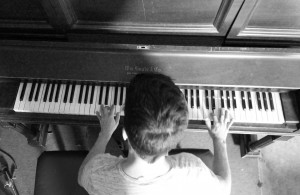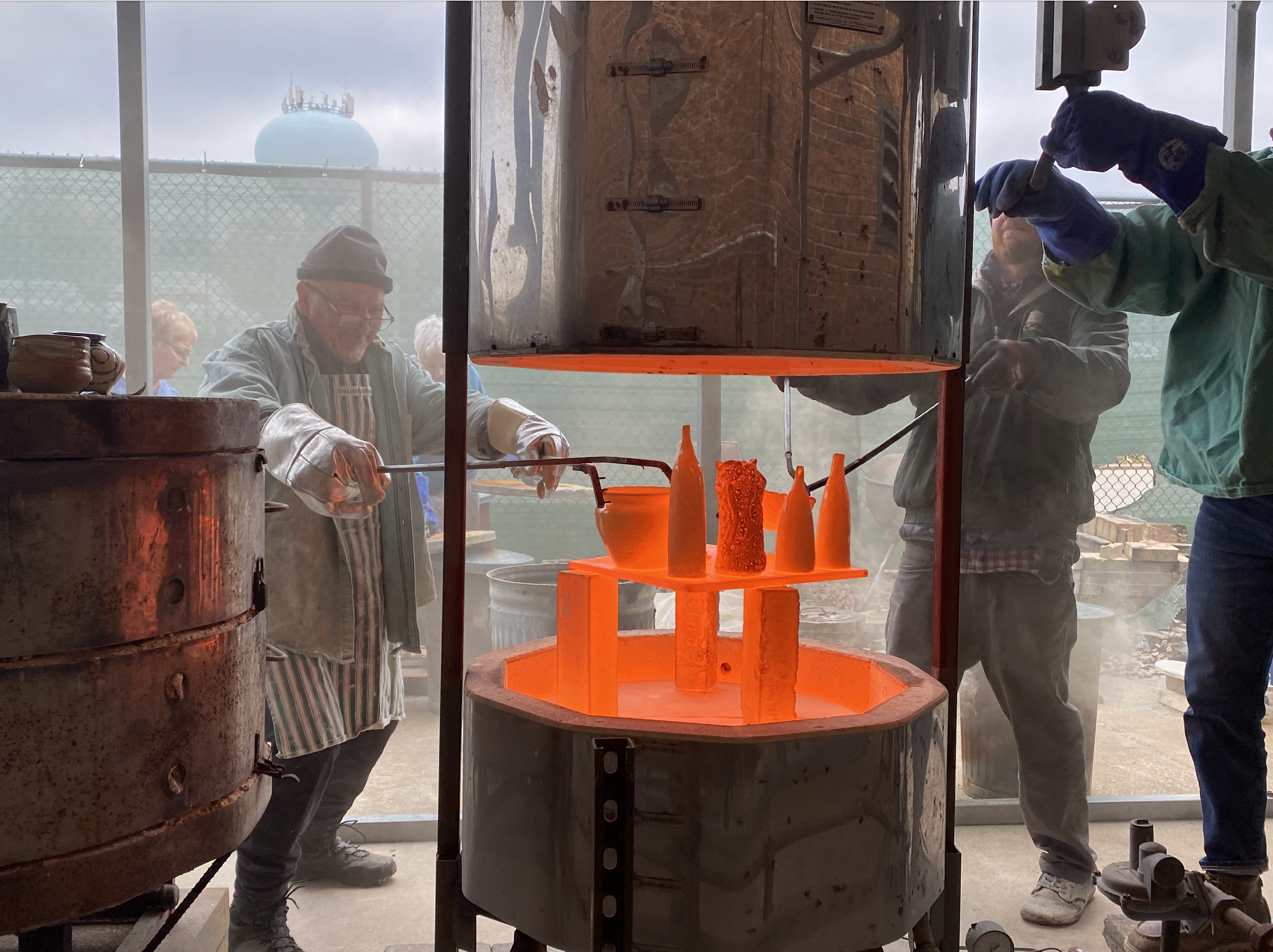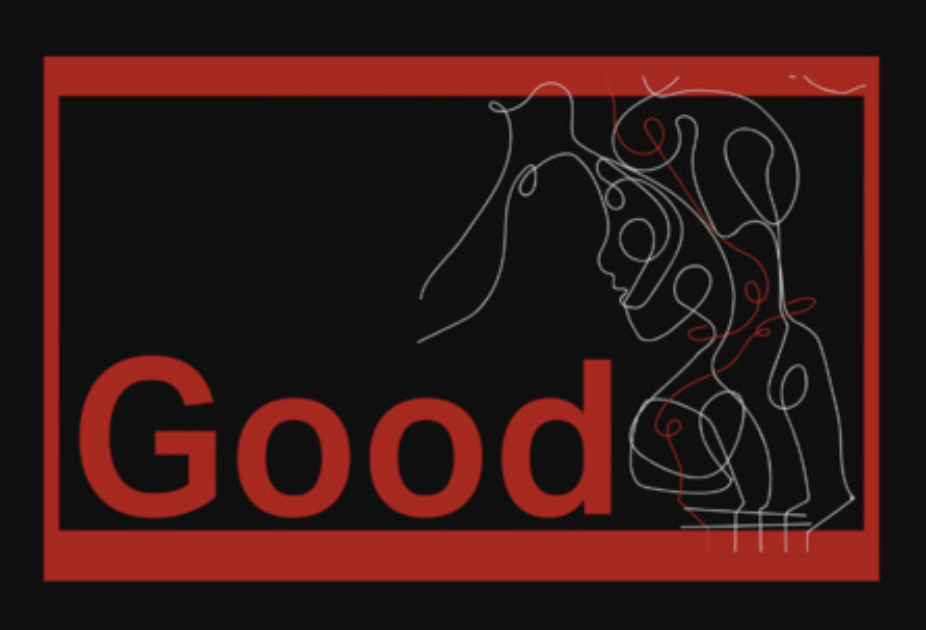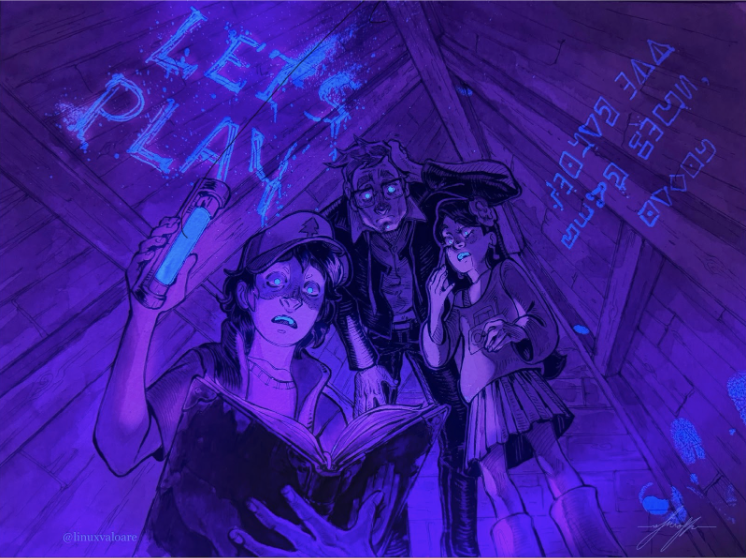Meramec student starts do-it-yourself record label
 By: SPENCER GLEASON
By: SPENCER GLEASON
Editor in Chief
STLCC-Meramec sophomore Joshua Milligan lives in the same home where he wrote his first song. It is the same home where he picked up his first pair of drumsticks. And where he and his friends would practice music and record their songs.
So when it came time to name his do-it-yourself record label, naming it after his street only made sense.
Milligan and his friend Beau Diamond run Waybridge Records, which was started in January. In just three months, the two have dealt with bands from Michigan to New York and across the Pacific Ocean in South Africa.
“Do what you can, for who you can, when you can has pretty much always been my philosophy,” Milligan said. “I’m always willing to help artists who need it.”
Milligan’s philosophy has helped Waybridge’s name cross continents. Milligan, however, works from home and stays in the states. He has never been to South Africa. The South African band, Galactic Fish, has never met him.
But the common thread is music.
“We are a micro-label. I literally run this from my living room,” Milligan said. “I doubt I will ever actually meet [Galactic Fish] in real life, but he enjoys what he does. I enjoy what I do. I’m willing to help as much as I can. Few bands I’ve ever worked with, I’ve actually met.”
THE BEGINNING
————————-
Milligan’s Waybridge Records was is inspired by Saddle Creek Records, a college class project on entrepreneurship by two friends in 1993, that now is an independent record label with 26 bands to their name. With that motivation, Milligan set aside money while working seasonal jobs at Target during the winter and Six Flags during the summer, to start Waybridge Records.
Although Waybridge Records does not do much mastering, or the fine tuning of recordings, if bands have a finished product and need help getting it out to the open market, Waybridge Records will help them find their beat.
The majority of the work Milligan does for bands through Waybridge Records is on cassette tapes, but he has done work on CDs.
Milligan buys tapes and dubs, or records, on them. Then sells those to the artist at cost.
“If a tape cost me 40 cents and they want ten of them. That’s four bucks. Then there’s shipping, but I’ll usually just eat the shipping. Then they are able to sell them at their shows and keep the money,” Milligan said. “Then I’ll sell it on our online store. Basically, that’s how we do things. We’re not a business or anything. We’re just more focused on getting stuff out there for bands; help them out, work together and be positive.”
That positive outlook is one that gives Milligan an open mind when it comes to the arts and music.
“No art is bad art. Art has always been subjective,” Milligan said. “As long as you put all of your thoughts and effort into it, than you know it’s going to be good. You have to put passion into it. When somebody does that, you’re going to support them because you’re going to be there to help.”
THE MUSIC
—————–
Milligan’s love for music started with hip-hop. The first album he bought was Beastie Boys ’License to Ill,’ but he has always enjoyed the punk rock music scene.
“You can be yourself. You don’t have to fake it,” Milligan said. “It’s just kind of ‘here’s how we feel.’ That’s what’s always drawn me to music.”
Milligan describes his drumming style as a “skate punk sound.” Along with the drums, Milligan plays the piano, ukulele, “a little” base and knows enough guitar to play ‘Wonderwall’ by Oasis.
Restoring pianos is also on Milligan’s resume, although he admittedly has never done one fully by himself.
“Thank goodness for YouTube videos,” Milligan said. “ I got into fixing them because I needed to do it. There’s a quote, ‘Necessity makes masters of us all.’”
For Milligan, that necessity is music. It is what makes his heart beat.
“Music and art is supposed to be about fun,” Milligan said. “If you’re not having fun doing it, then what are you doing?”










